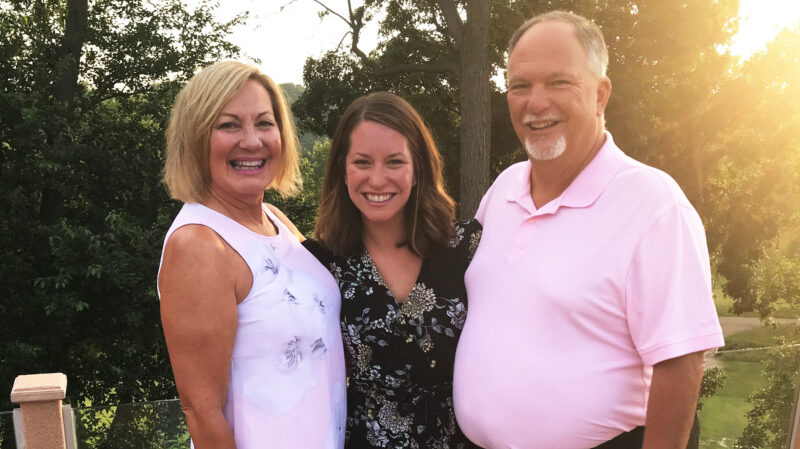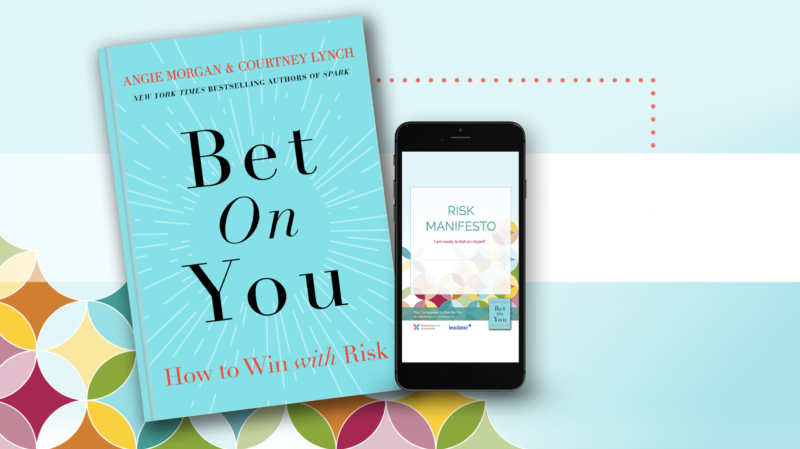
It’s exciting to hear the buzz for Bet on You, our new book hitting shelves next week. Bet on You helps you understand your relationship with risk and how risk-taking is often the missing ingredient in any plan for success.
In researching risk and coaching leaders on how best to incorporate risk into their lives, we noticed three common misconceptions about risk that make people hesitant to take more risks in their lives:
We often hear risk vs. reward, as if risk is the downside of a choice. Rather than believe that risk is the opposite of reward, we want you to think of it as the path to reward. Intentional risk-taking leads to growth, opportunity, transformation, and positive change.
The more experience we gain, the more unique our dreams and visions for our life become. We realize we have certain preferences and ideas we’d like to pursue. Risks that appear unconventional can feel a little scarier, more dangerous than risks we’ve taken in the past. Yet, these are the exact risks that will lead you to the fulfillment you desire.
Misconception 2: Risk Is a Leap
Bold, jarring, risk-taking moves often lead to less-than-best outcomes. We can see this sometimes in our impulsive choices, often driven by emotion void of logic.
Risk done right is a series of steps—one, followed by many more—that are measured, thoughtful, intentional, well-planned, and require incremental action, not sudden jumps.
Creating intention means we’ve engaged our thought process, which helps us develop ideas for the type of change we want to see in our life. These thoughts become beliefs, which become behaviors. This formula lays the foundation for any lasting, sustainable change, which helps you achieve success while mitigating negative outcomes that could come your way.
Benjamin Franklin is famous for saying that the only certainties in life are death and taxes. This means that everything else in life is uncertain, and whenever there’s uncertainty, there’s risk.
For those who say they don’t take risks, we remind them that they may have a higher incidence of hidden risk in their lives than they realize. For example:
- Coexisting in a toxic relationship (when the world is full of better, more inspiring people)
- Not scheduling an annual health checkup (when there’s a family history of cancer or heart disease)
- Avoiding an uncomfortable conversation (while assuming that problems will just work themselves out)
We can’t hide from risk. The most we can do is mitigate it. The best we can do is embrace it.
Overriding your misconceptions about risk-taking allows you to enter a new era of growth and development for yourself.
We hope Bet on You inspires you to better understand and reimagine your relationship with risk.


















